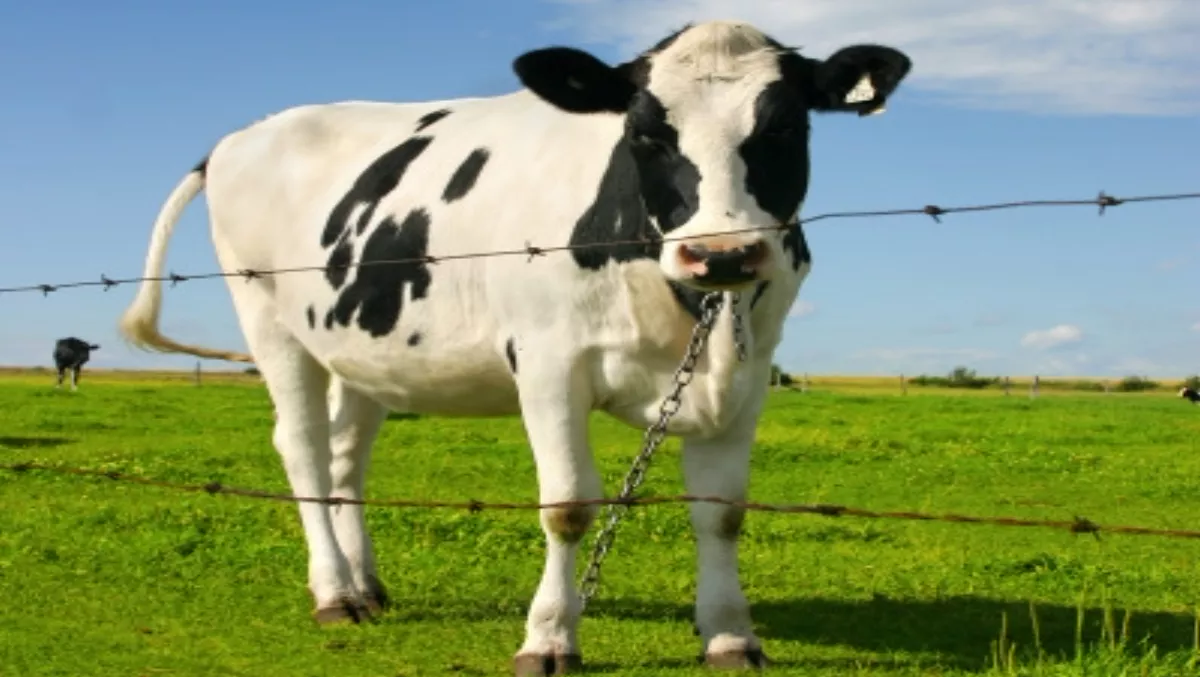
Levy our customers, not us – telco bodies
If the government wants rural schools to receive broadband speeds of 100Mbps it should get consumers to pay for it. That’s the view of the two telco industry bodies.
Both the Telecommunications Industry Group (members consist of most telco CEOs with notable exceptions TelstraClear and 2degrees) and the Telecommunications Carriers Forum (most telcos with exception of 2degrees) present a unified view in their submissions to the government’s $300 million rural broadband proposal.
In essence, the government plans to roll out fibre broadband to 93% of rural schools, which will serve their communities as a kind of connectivity hub and enable 80% of rural households to receive speeds of at least 5Mbps.
To help pay for this the government is proposing a levy on telcos. It would replace the existing Telecommunications Service Obligation (TSO), which is considered outdated because it collects about $70 million a year from all providers (including Telecom) and then hands the whole lot over to Telecom to maintain the copper lines to rural homes.
Both the TIG and TCF view the proposed levy as an unfair tax, and they object to the supply side of the industry having to foot the bill for government policies.
“This is an exercise in social policy in which Government involvement is necessary to promote more infrastructure investment than is economically justifiable by private investors at the present time,” reads the TIG submission, before endorsing the TCF submission.
The TCF says public money should fund the rural proposal and if a levy is imposed it’s likely to be passed directly onto the end user.
“The design of the Levy effectively puts the cost of the Government’s policy onto the industry. From an economic perspective, it is unlikely that the industry could absorb the entire cost of the levy and ultimately the cost is likely to be worn by end user customers in some way,” says the TCF submission.
The TCF proposes that the levy base be broadened beyond telcos to include those who provide services over their networks - such as data linking and entertainment services. But, as levying international sites such as Google and YouTube would be difficult, the TCF suggests instead a consumer levy, similar to that proposed by the UK government, would “provide a more transparent means of setting and recovering the industry cost.”
“A demand side consumer levy as proposed is likely to be simpler to apply than supply side levies that should capture content providers," the submission reads.
The government received 67 submissions on the rural broadband proposal and 23 on the TSO reform proposal. These include submissions from individual telcos, lines companies, community boards, iwi and rural businesses. ICT Minister Steven Joyce expects to announce the final policies early next year.

